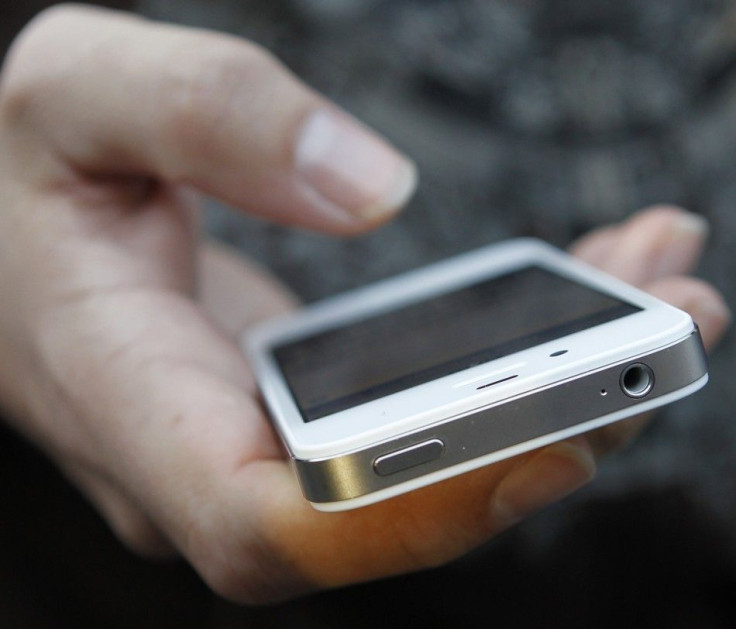NYPD Sting Operation Nails 141 Apple iPhone, iPad Thieves

A massive five-day sting operation, launched by the New York Police Department on Dec. 13 and ended on Dec. 18, found and nailed about 141 merchants around New York City for purchasing stolen iPhones and iPads.
The merchants, who worked at barbershops, newsstands and bodegas across all of New York's five boroughs, were approached by undercover NYPD officers who sold them iPhone 4s and iPad 2s for anywhere between $50 and $200. The clerks were all told by the undercover officers that the goods were stolen, but they purchased the gadgets anyway.
That's our intention: to reduce the places where people who steal these things can go and sell them, said Ray Kelly, commissioner of the NYPD. If someone is offering you an iPad for way below market value, you have to realize that it's most likely stolen.
Sending in undercover officers to businesses believed to be purchasing stolen phones was already practiced by several Brooklyn precincts, including Williamsburg and Fort Greene. Both departments advise against flashing the iPhone out in the open.
Walking around with a cellphone is like walking around with a $500 bill, said one Williamsburg officer. Kids are stealing them and flipping them immediately.
We talk to prisoners when we bring them in and ask them, 'Hey, where are you selling these phones?' said a policeman from Fort Greene's 88th Precinct.
The Fort Greene officer said that the majority of the cases in the precinct involved iPhones. Shop owners typically purchased a stolen smartphone for about $175, and then turned a profit by selling it for about double that price on eBay. Apple sells its iPhone 4 on its website starting at $99, while its new iPhone 4S starts at $199.
NYPD spokesperson Paul Browne said that the slight increase in grand larcenies this year was driven mostly by thefts of handheld consumer electronic devices. In recent months, the NYPD participated in other undercover operations to reduce the amount of theft in the subways. Most of the reported thefts involved passengers with electronic devices; 42 were arrested in Brooklyn, 41 in Manhattan, 31 in the Bronx, 21 in Queens and six on Staten Island.
Apple's iPhone has been a big target for thieves and pirates, particularly in Asian countries like China. Apple has won more than 40 patents in China in hopes to quell the rampant piracy of its most popular devices, including as the iPhone, iPad and MacBook Air. China is the world's second largest personal computer market, and despite only having six Apple Stores in the country, Apple products sell incredibly well there.
The China progress has been amazing, said Apple CEO Tim Cook in the company's third quarter conference call with investors. If you look at our Greater China revenue, it represented just 2 percent of Apple in our fiscal year '09. And in the fiscal year we just ended, it accounted for 12 percent, and if you look at the quarter that we just ended, it accounted for 16 percent. So it's our fastest growing major region by far.
Apple reeled in $4.5 billion in revenue from China in the current quarter, increasing the company's total revenue for the fiscal year to more than $14.3 billion.
To further put that in context, a year ago in fiscal year '10, we were just right above $3 billion. So it is growing at a feverish pace, Cook said.
Yet, despite Apple's efforts to build more stores in the country, the incredibly high demand for those devices in the country has led many Chinese manufacturers to produce knock-offs, which unfortunately sell just as well as the real thing.
© Copyright IBTimes 2025. All rights reserved.





















